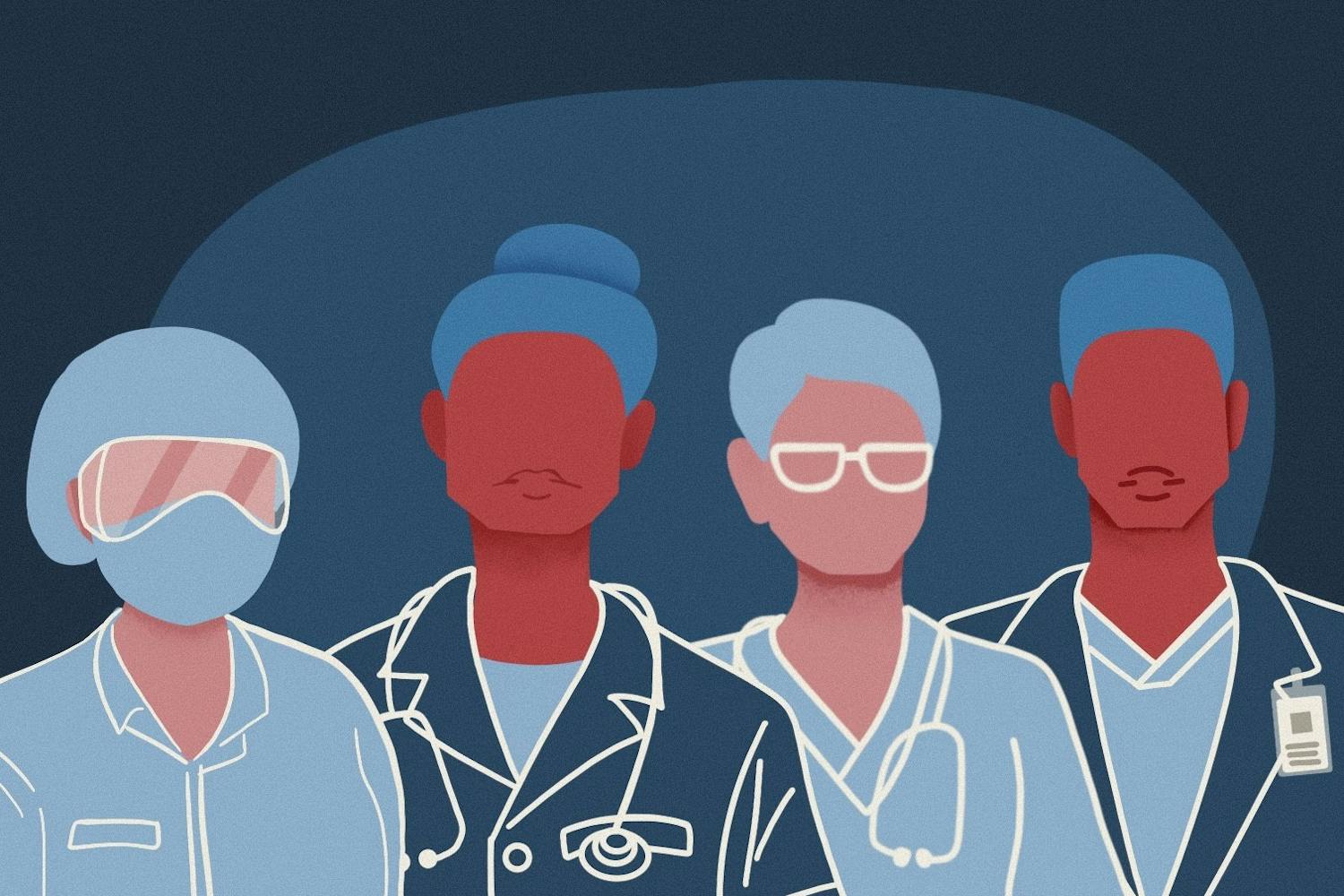Massive open online courses will “pop the tuition bubble.”
They will “end” higher level education as we know it. But if part of fixing the failed education system involves making sure the poor receive a better quality of life, MOOCs don’t deserve the enthusiasm they’re getting.
The buzz surrounding MOOCs boils down to the hope that they’ll soon change higher level education by making it more accessible to students from lower socioeconomic backgrounds.
But will a MOOC do much for students from the lower echelon of economic class steeped deep in a setting in which few teachers, peers or counselors tell them they can succeed? MOOC devotees like Thomas Friedman of The New York Times say, “Nothing has more potential to lift more people out of poverty,” but an online program cannot retroactively reverse the conditioning that tells poor kids they are less worthy of succeeding than rich kids.
The difficulty with MOOCs, like most solutions to the ailments of higher level education, is that they’re mostly Band-Aids that cover the symptoms without addressing the source of the disease.
Proponents of MOOCs look idealistically forward but forget to look backward. They end up neglecting to figure out how best to lift those up from the socioeconomic conditions that make college less feasible.
When higher level education suffers from a systemic virus — skyrocketing tuition costs, poorly paid instructors and student debt — we should go back and see what’s wrong with the system, not invent gadgetry or online remedies bottled in tech packaging that allow a broken system to survive.
The brick-and-mortar academic institutions aren’t going away and neither will their high costs.
Joseph E. Aoun writes that as MOOCs invade the mainstream academia, a two-tier system could arise: “one tier consisting of a campus-based education for those who can afford it, and the other consisting of low- and no-cost MOOCs.”
If a two-tier system emerges by way of MOOCs, low-income students will not receive the mentorship that fosters true success.
The intimacy generated in a live office hours meeting cannot be simulated in an email exchange or even a video chat. Low-income students who arrive at college need mentors who form bonds with them and tell them they can have better and brighter futures.
It is the empowerment that emerges from face-to-face discourse that these students need, a process that happens over time, not another fancy quick fix. The same networking and relationship building doesn’t happen over an online exchange.
A new study by the National Bureau of Economic Research finds that high-achieving students who come from low-income families “do not apply to any selective college or university.”
The authors of the study write that most of the low-income students are unlikely to have met “a teacher or schoolmate from an older cohort who attended a selective college.”
Not only are low-income students not getting into competitive colleges, they’re not even applying. There is a lack of confidence in the self as a learner that cannot be addressed by a MOOC.
As MOOCs evolve, there will be a division between graduates from Stanford University and Stanford MOOC — the same division between the poor and the rich. The same students who were less likely to apply to competitive colleges will be the Stanford MOOC alumni less likely to apply for high-ranking positions and demand competitive salaries.
The disadvantaged will still suffer from the shortcomings of an economic system with little more to show for it than a surrogate degree in theoretical physics they received from a university through professors they’ve never known in person — dooming, considering it’s these students that benefit most from face-to-face interaction with a professor.
Reach the columnist at ctruong1@asu.edu or follow her at @ce_truong
Want to join the conversation? Send an email to opiniondesk.statepress@gmail.com. Keep letters under 300 words and be sure to include your university affiliation. Anonymity will not be granted.



